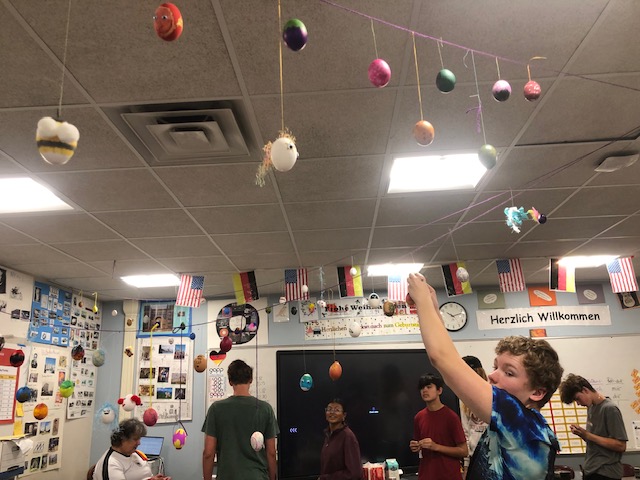The concept of setting – and publicly stating – New Year’s resolutions have been around for over 200 years. Since then, people have been using them to establish clear goals for the year ahead. It seems simple, but resolutions are much harder to fulfill than they seem.
Michelle Konstantinovsky, a San Francisco journalist, states, “one study found that about 64% (nearly two-thirds) of people abandon their New Year’s resolutions within a month. It’s practically part of the tradition.” But why does this happen? The beginning of a new year has people reflecting on their lives. This ‘reflection’ makes people wonder what they can change to improve their current lifestyle.
The feeling of a yearly renewal brings excitement, but that feeling can also make people forget to maintain structure to achieve a goal.
“Without examining where we are resistant to change … the cycle of resolve, relapse, repeat continues year after year,” said therapist, Britt Frank, the author of The Science of Stuck. It is hard to escape the cycle, but planning will lead to an efficient and fruitful solution.
Northgate students shared different ways that they plan to follow through with their New Year’s resolutions.
“My New Year’s resolution is to get better grades…” said Grace Magee, a freshman. “I plan to follow through with this by focusing on time management and putting aside study time.”
Oftentimes it’s difficult to manage time because people tend to procrastinate. An important takeaway is giving ourselves a set amount of free time, as we will be more motivated to do tasks such as work, chores, and homework.
“Last year I had the resolution to be more focused in school and have less, or no, missing assignments. It worked to an extent but I wasn’t able to get the grades I wanted in the end. This is because I keep having the mindset of ‘I want to achieve this’ rather than ‘I will achieve this’. This year I plan to turn the ‘I want’ into ‘I will,’” said junior Elyse Wood. It’s hard to balance academics and other aspects of life. However, a mindset change that seems simple could be the missing piece.
One statistic ABC News provided from a U.S.A News and Report survey found that 80 percent give up on their resolutions by mid-February. Similarly, Northgate students contacted in January stated that they are confident in their goals.
Although it is helpful to have a plan, it can definitely become overwhelming. Breaking goals down step-by-step can help with building them back up.
“All it really takes to achieve a goal is putting your mind to it and setting enough time and energy to accomplish it, if the people in your life understand that, they can help you with it,” Wood added.
My New Year’s resolution this year is to become a better cook. I know that if I find recipes that are compatible with my current talent in this area, I will be able to improve. Completing a task makes us feel confident and more accomplished as a person. With a simple plan, a positive mindset, and a support system, the low percentage of completed New Year’s resolutions can rise by the end of this year.







